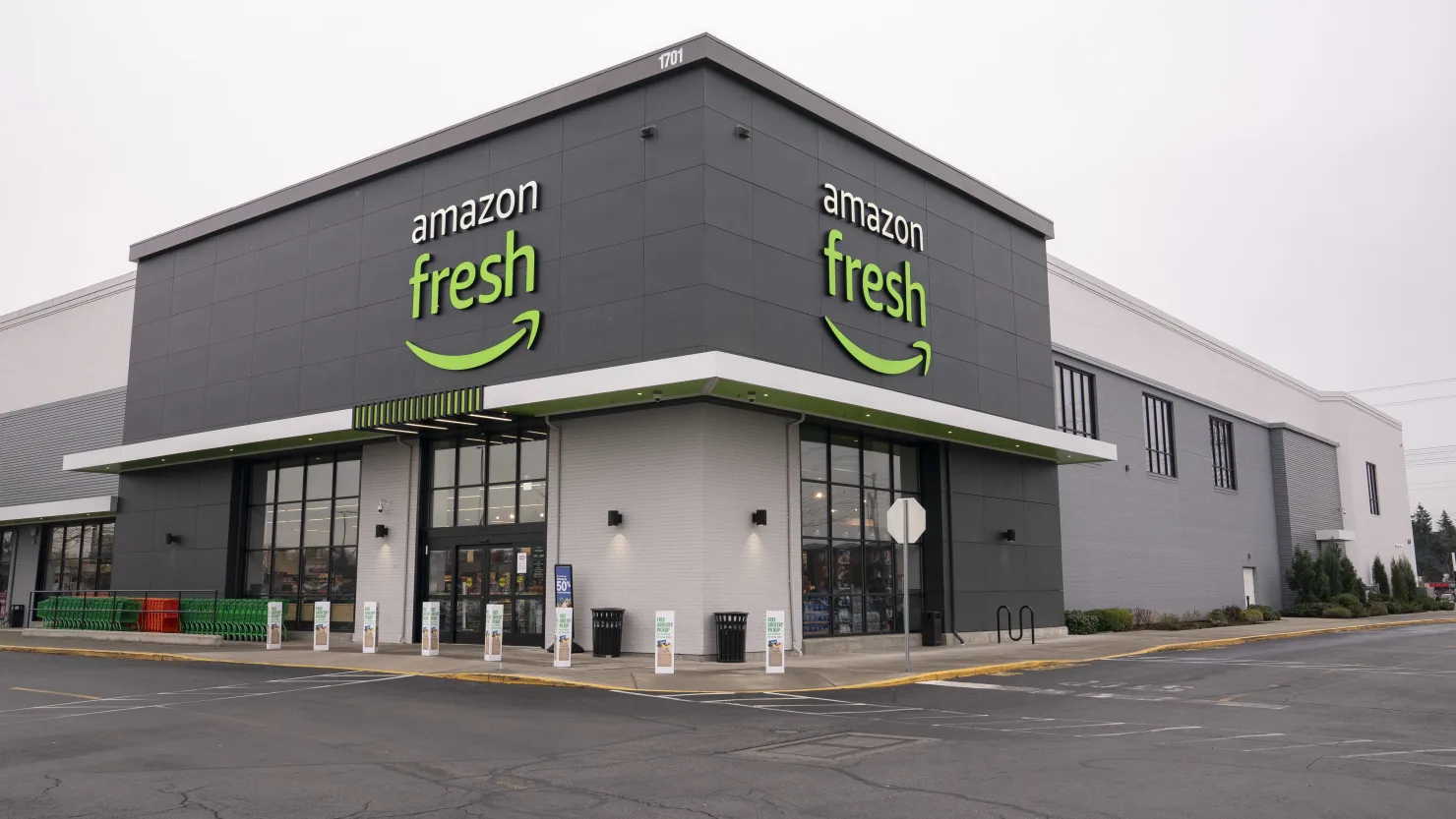For decades, LSD was seen as nothing more than a trippy relic of the 1960s. Now, a new clinical trial suggests it might soon have a serious role in psychiatry.
Researchers at biotech firm MindMed say a single dose of LSD significantly reduced symptoms of generalized anxiety disorder (GAD) — with benefits lasting up to three months. The results, published Thursday in JAMA, are sparking fresh excitement about psychedelics in medicine.
The study involved nearly 200 adults with moderate-to-severe anxiety. Patients were randomly given one of four LSD doses or a placebo. At the higher doses — 100 and 200 micrograms — improvements showed up quickly and lasted through the 12-week follow-up.
By the end, 65% of those on 100 micrograms were still feeling better, and nearly half were considered in remission. Side effects included nausea, headaches, and the obvious: hallucinations.
“This is a true turning point in psychiatry,” said study co-author Dr. Maurizio Fava of Mass General Brigham.
Generalized anxiety disorder affects almost 3% of US adults each year, yet treatment options haven’t advanced much in decades. Current drugs often require daily use, come with side effects, and don’t work for everyone.
LSD’s appeal is the single-dose approach: benefits that last weeks, with side effects limited mainly to the dosing day.
The FDA has already tagged LSD, psilocybin (“magic mushrooms”), and MDMA as potential “breakthrough” therapies. But not everything has gone smoothly. Just last year, the FDA rejected MDMA for PTSD, citing concerns over study methods.
MindMed’s trial tried to sidestep some of those issues by skipping the hours of therapy that usually accompany psychedelic treatments. Patients got LSD in a supervised setting, but no structured psychotherapy.
Still, questions remain. Many participants guessed whether they got the real drug or a placebo, which complicates results. And it’s unclear how long benefits last, or whether repeat doses will be needed.
MindMed is already running two larger, late-stage trials, aiming to finish by 2026. If results hold up, the company plans to seek FDA approval — something unthinkable just a few years ago, given LSD’s long ban.
“It’s impressive that one administration had effects lasting up to 12 weeks,” said Harriet De Wit, a psychiatry professor at the University of Chicago. “But we need to know how safe it is in wider populations.”
For now, LSD remains illegal outside of labs. But if these studies deliver, that could change — and a drug once synonymous with counterculture may soon be prescribed in clinics to help people simply breathe easier.
NPR, the Associated Press, ABC News, and New York Post contributed to this report.










The latest news in your social feeds
Subscribe to our social media platforms to stay tuned